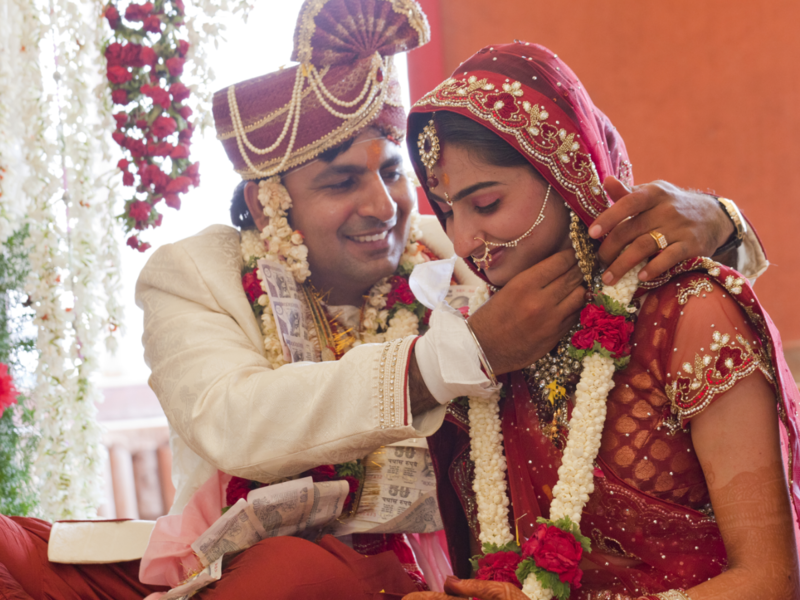Marriage is an integral foundation of a society that binds people together. It religiously ties two people, along with their families in the sacred bond of marriage. For ages, our marriage rituals and traditions have been followed, and families have embraced the concept of arranged marriages because as we all know, ‘parents know best.’
Studies have suggested that a huge percentage (80-85%) of people opt for arranged marriages due to matchmakers, trusted matrimonial sites and parents. Very few people opt for love marriage in India due to a number of reasons like religious disputes, cultural differences, non-agreement of families and other critical matters. It has been reported that people give into arranged marriages even if they initially wanted to marry their loved one. This brings us to the speculation that arranged marriages are indeed superior and more powerful than love marriages in Indian society. But, why is it so?
Arranged marriages are a popular belief for ages
People of similar beliefs, cultures and traditions come closer in events of marriage. This societal institution is not only the bonding between two mature individuals but also their families. Since ancient times, most people have had marriages arranged by their parents to bring two families, societies, nations and countries together. This custom has been popularised since the beginning and it continues to do so, in the modern time as well.
A large percentage of people prefer an arranged marriage without any coercion, only because they could live in peace and harmony. In many cases, love marriages bring a lot of difficulties and disputes and according to many researchers, the divorce rate is higher in love marriages. Indian youths seem to trust their elders whole-heartedly to decide on a suitable partner for marriage. Couples have to put in extra efforts to convince their families for a consensus, especially, if the partners belong to different religions or caste.
Arranged marriages provide equal stature, financial stability, cultural identity and the same opinions among partners and families, so, there is very less chance of disputes. The only downside to this is that partners do not know each other nor do they love each other before the marriage; well, most of the times.
Lowly portrayal of love marriage in Indian subcontext
However, a major discrimination that covers arranged and love marriages is that people who opt for the latter are shown in poor light as compared to ones who have had an arranged marriage. Even if both the couples are successful in their marriages, the couples with arranged marriage are praised more for their excellent bonding. To date, in many parts of the country, elders don’t consider love marriage to be legitimate and brand it as an ‘immature, hasty’ decision that the couple will come to regret one day.
However, with each passing day, a number of stories turn up which portray love marriages in a positive light. Families are proceeding towards understanding their children’s wants and decisions of spending their life with the one they love. Love marriages are on the rise but arranged marriages still continue to dominate the game. It has strongly managed to grip its relevance in the Indian marital community.

